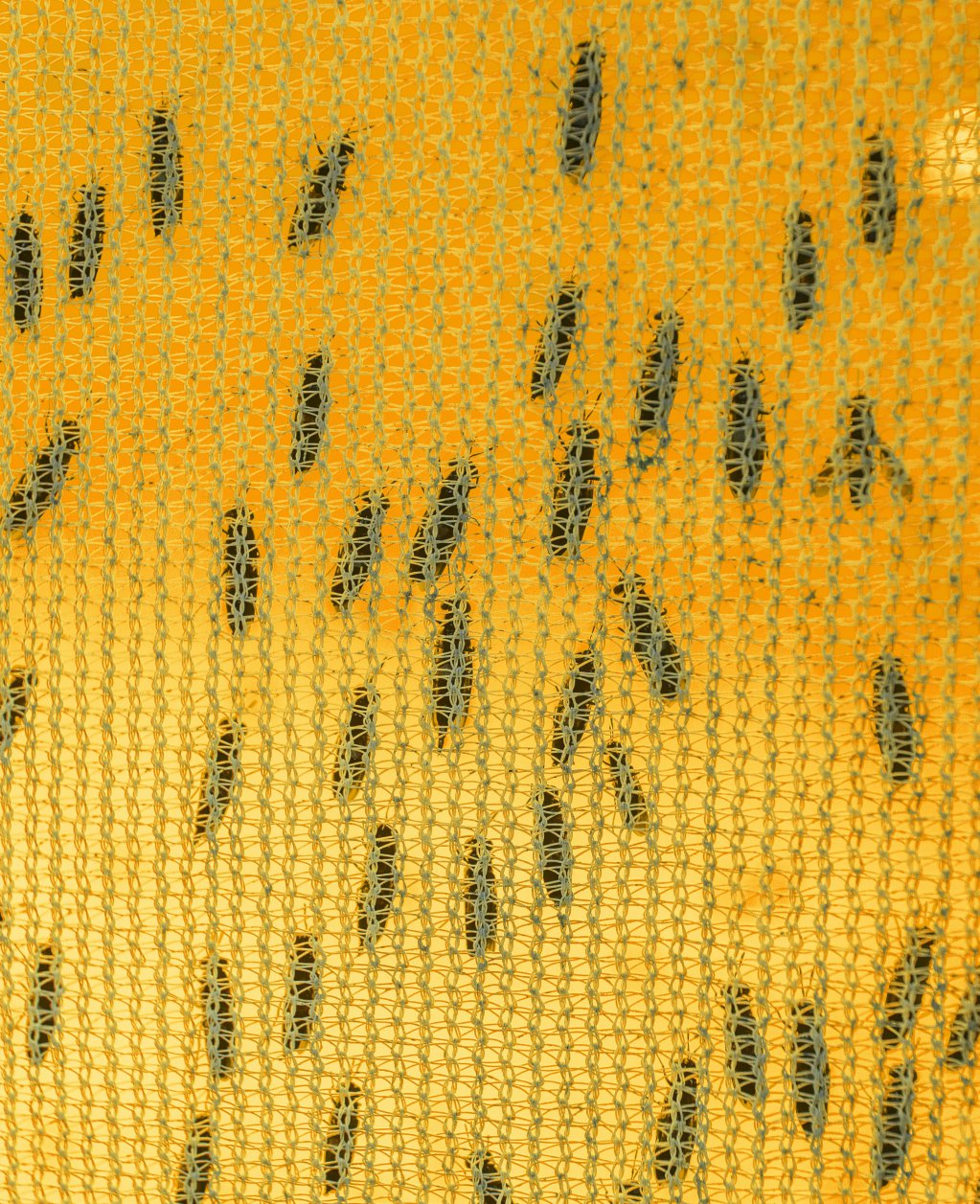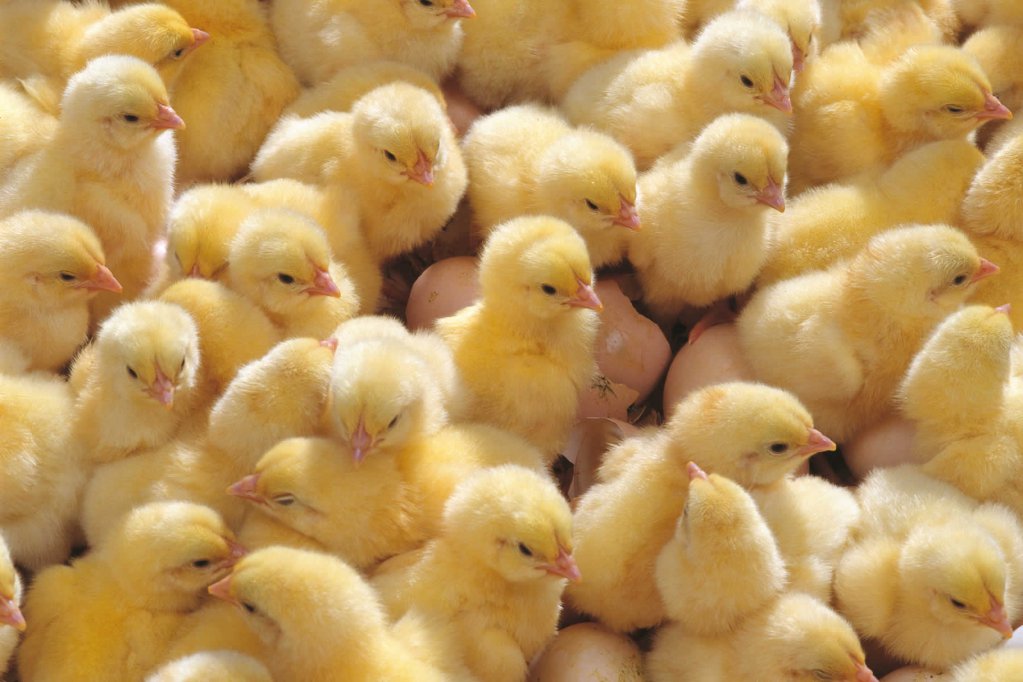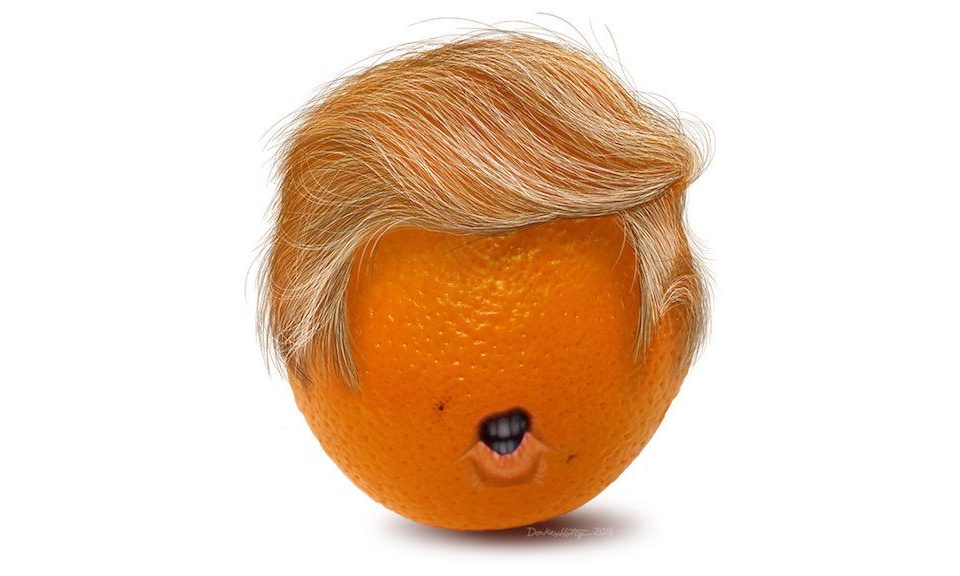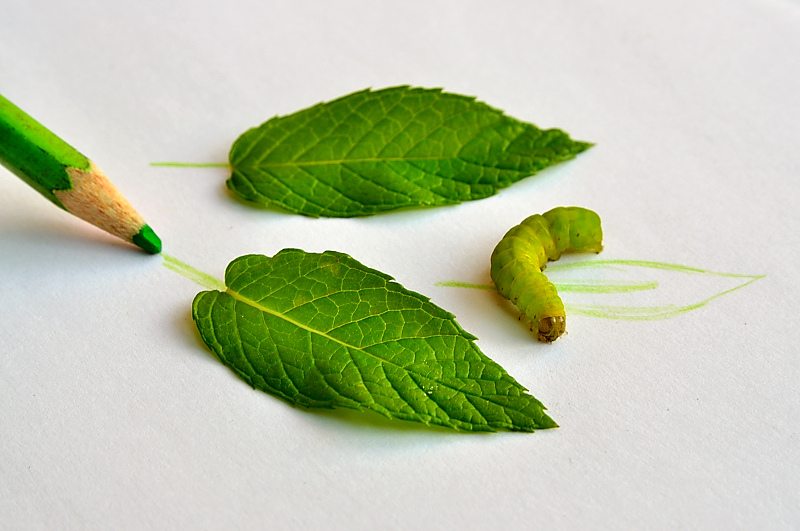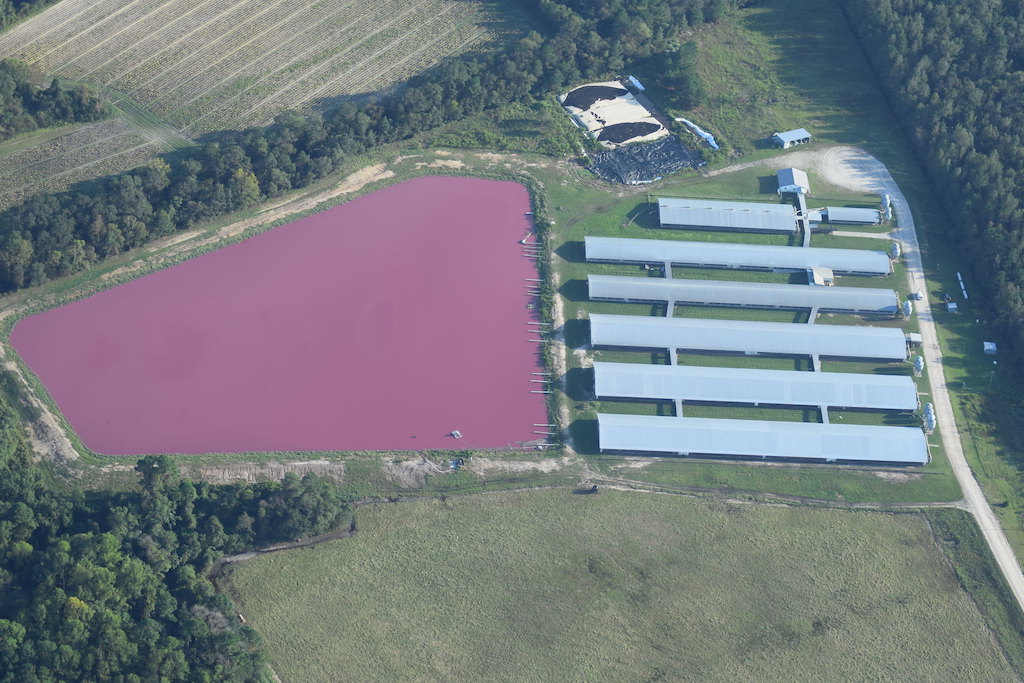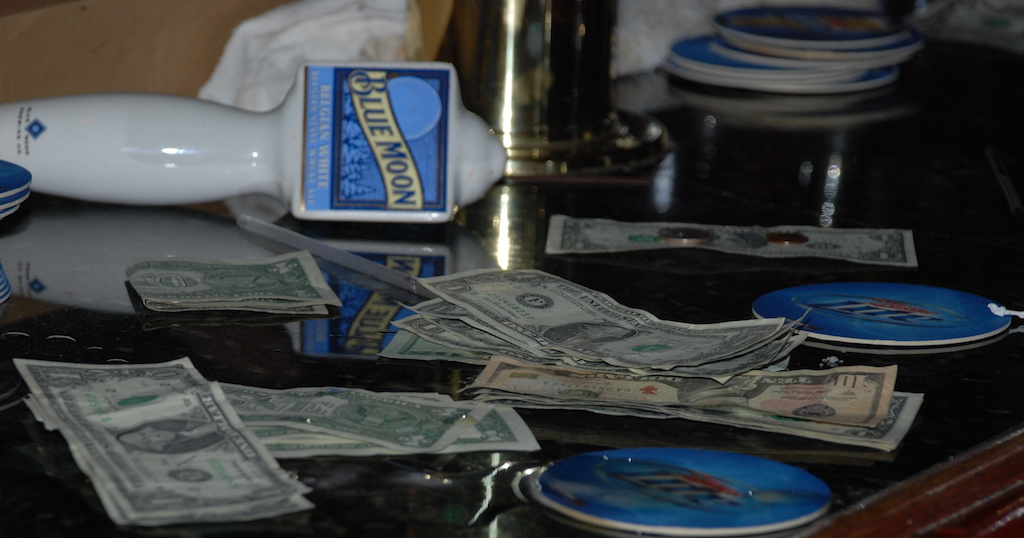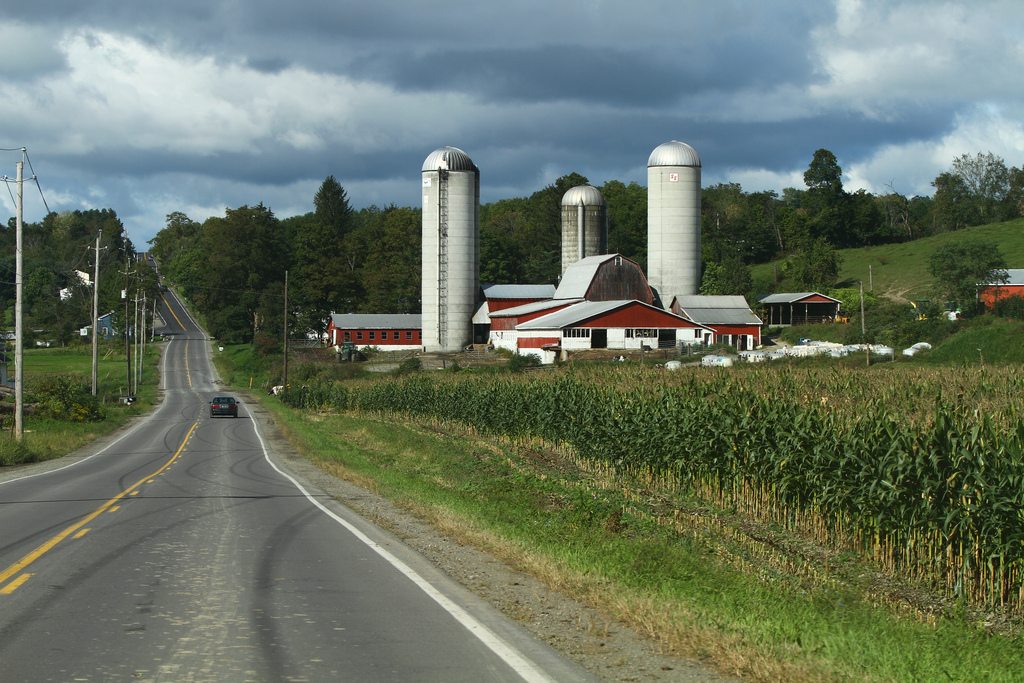Flymeal. Flies love trash. Trash attracts flies. So why not build an actual business on feeding trash to flies, then harvesting the flies and feeding them to animals? It’s the ultimate upcycle.
Turns out, this actually kinda works. Startup AgriProtein has been in the business of “insect based nutrient recycling” since 2009. Its maggot-derived products (maggot animal feed, aptly named “MagMeal,” maggot oil, and maggot soil) have the backing of partners including the Bill and Melinda Gates Foundation and the World Wildlife Fund. And now, it’s building 20 fly farms in North America.
Yeah, it seems far-fetched. What does a fly farm even look like? (Remarkably sterile, apparently.) And what part of a fly do animals even eat? (The larvae (also known as “maggot”), which is dried, processed, and ground up.) What, exactly, is MagMeal meant to replace? (Fishmeal. Duh.)
Fishmeal, which is used as a fertilizer and to feed fish and chickens, is usually made from small fish, like anchovies, menhaden, and sardines. Problem is, those populations have showed stress in recent years—I wrote about the bait fish shortage for lobstermen in Maine last summer—and tons of other aquatic species depend on abundant guppy populations for their supper. So AgriProtein wants to offer a fishmeal alternative: Stick with us, the logic goes, and you’ll preserve aquatic life while also converting compost into usable nutrition. It’s a pretty nifty little sustainability two-step.
AgriProtein doesn’t publish its prices online. But South Africa-based founder Jason Drew told a Time reporter in 2015 that his MagMeal product costs about half as much as traditional fish meal, which runs about $2,000 per metric ton.
AgriProtein’s first full-scale maggot factory diverts 110 tons of food waste every day, using it to create 22 tons of larvae. Drew, a self-described “environmental capitalist,” has adopted an aggressive growth plan for the next few years: he plans to build 100 fly farms by 2024 and another 200 by 2027.
